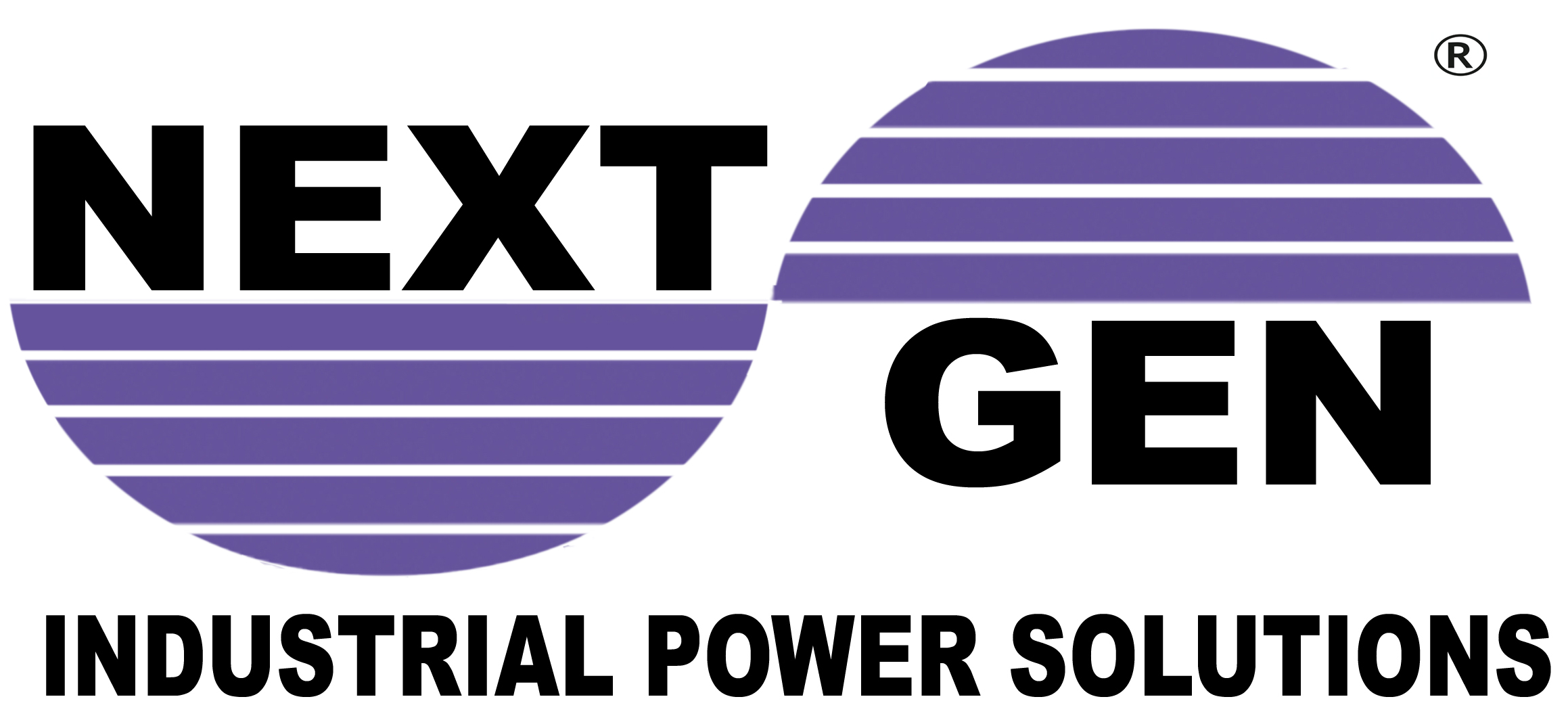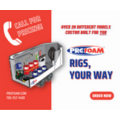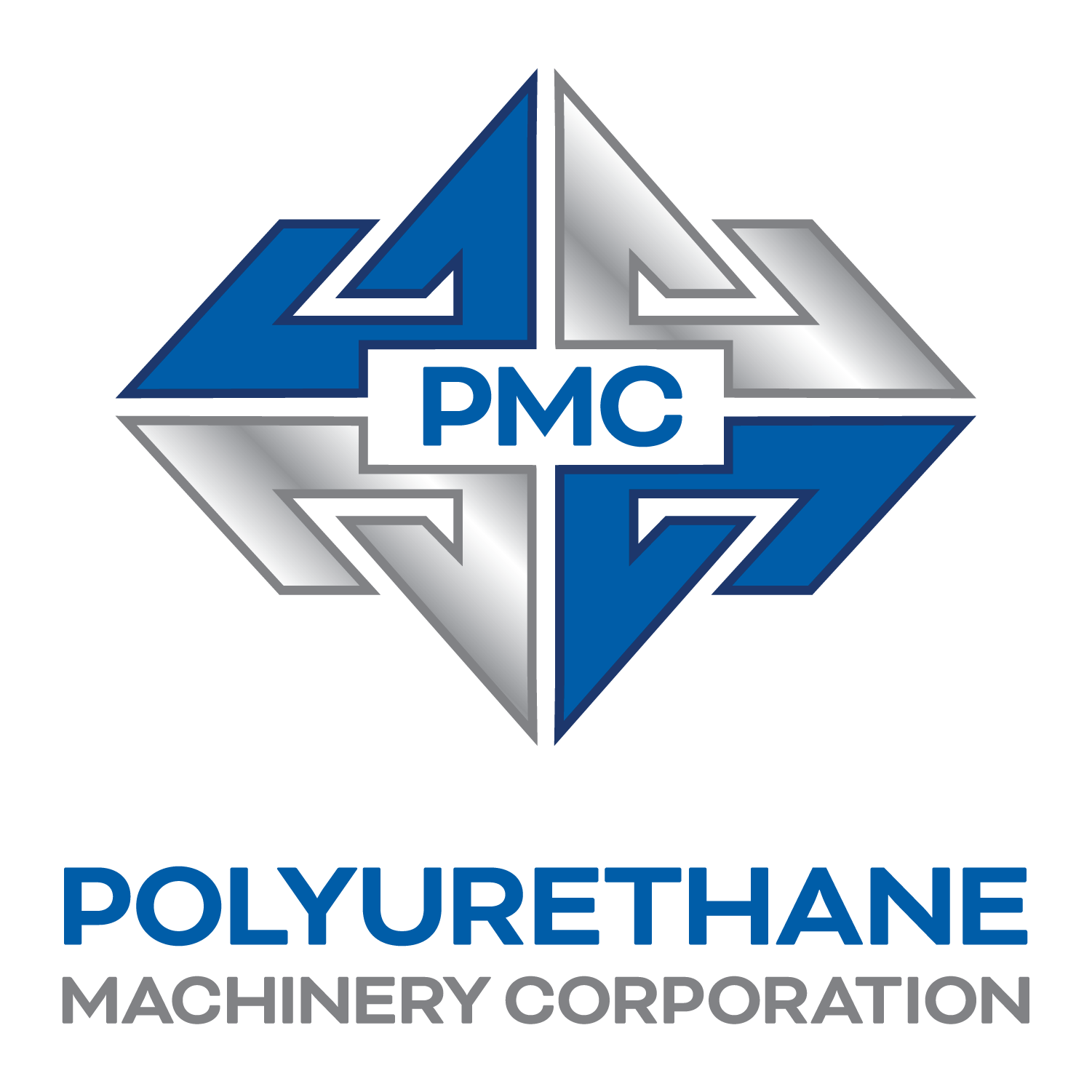Clear the Air


Spray Foam Magazine – Summer 2025 – Several spray foam installers have recently asked about what they can do to improve the health of their lungs. It’s great to see contractors taking an active interest in lung health, especially for spray foam installers who are exposed to various chemicals and airborne pollutants daily. Here are some additional insights on maintaining lung health in this high-risk occupation.
Lung Detox: Myth vs. Reality
Lung detoxification, often marketed through pills, supplements, or devices like masks, promises to cleanse toxins and pollutants from the lungs. However, many of these products do not have proven efficacy and may even pose risks to lung health if they involve inhaling substances like oils or aerosols.
The lungs naturally self-cleanse through processes like ciliary movement and mucus production. Quick-fix products for lung detoxification are generally unproven and may even be harmful.
Instead of relying on these products, focus on practices that support lung health over time, such as quitting smoking and minimizing exposure to pollutants. To support lung health, especially for those working in environments with continuous exposure to hazardous chemicals, a combination of lifestyle changes, safety measures, and proper protective equipment is crucial.
Effective Practices for Lung Health
Below are several best practices from the American Lung Association for optimal lung health:
Quit Smoking/Vaping: Smoking is the top contributor to lung damage. If you have smoked, quitting as soon as possible helps your lungs recover over time.
Indoor Air Quality: Minimize indoor pollution by reducing the use of chemicals, paints, and other harmful products. Ensure clean indoor air by using HEPA vacuums and air purifiers in common areas.
Diet and Exercise: A diet rich in antioxidants and regular physical activity can support lung health. Exercise helps increase lung capacity and improves overall cardiovascular health, which benefits lung function. There are even special breathing exercises that can help.
Monitor Air Quality: Be mindful of outdoor air quality, especially in high-pollution areas. Check your local air quality index regularly and avoid strenuous outdoor activities on poor air days.
Respirator Use and Safety
For spray foam installers, respiratory protection is vital. In addition to spray foam iso and resins, coatings, solvents, coatings and fuels release airborne chemicals. Additionally, substrate cleaning during jobsite prep and foam trimming can release particles, which can significantly affect lung health. Always read the safety data sheet (SDS) for every chemical to select the proper respirator.
Respirator Options
Air Purifying Respirators (APRs): Suitable for outdoor spray foam applications when used with the correct cartridges. It’s important to replace these cartridges regularly, as they may lose effectiveness after extended use.
Supplied Air Respirators (SARs): These are recommended for indoor spray foam applications. SARs provide filtered fresh air to the mask, creating positive pressure that prevents airborne toxins from entering.
Powered Air Purifying Respirators (PAPRs): Using the same filters as APRs, these provide filtered air directly to the mask, ensuring a clean air supply with the extra protection of positive pressure like SARs.
Respirator Best Practices
Ensure respirators fit correctly and are properly maintained. Regular cleaning is essential to prevent mold or mildew growth, which can affect lung health.
Adhere to OSHA requirements for respirator use, including annual medical check-ups and fit testing for respirators.
Take frequent breaks to minimize prolonged exposure to hazardous chemicals.
In addition to wearing proper protection, it’s important to have regular (annual) check-ups with a doctor who specializes in occupational medicine. They can monitor your lung health, perform respiratory tests, and ensure your respirator fits correctly.
Conclusion
While quick-fix detox products may be tempting, the most effective way to protect and improve lung health is through proven methods: quitting smoking, avoiding pollutants, maintaining a healthy lifestyle, and using the correct protective equipment on the job. Taking care of your lungs now ensures long-term health and well-being, especially in a profession like spray foam installation where exposure to harmful chemicals is part of the daily routine.
Sources:
1 Can You Detox Your Lungs? | American Lung Association
2 Tips to Keep Your Lungs Healthy | American Lung Association
3 Breathing Exercises | American Lung Association
4 1910.134 - Respiratory protection. | Occupational Safety and Health Administration
Disqus website name not provided.









































